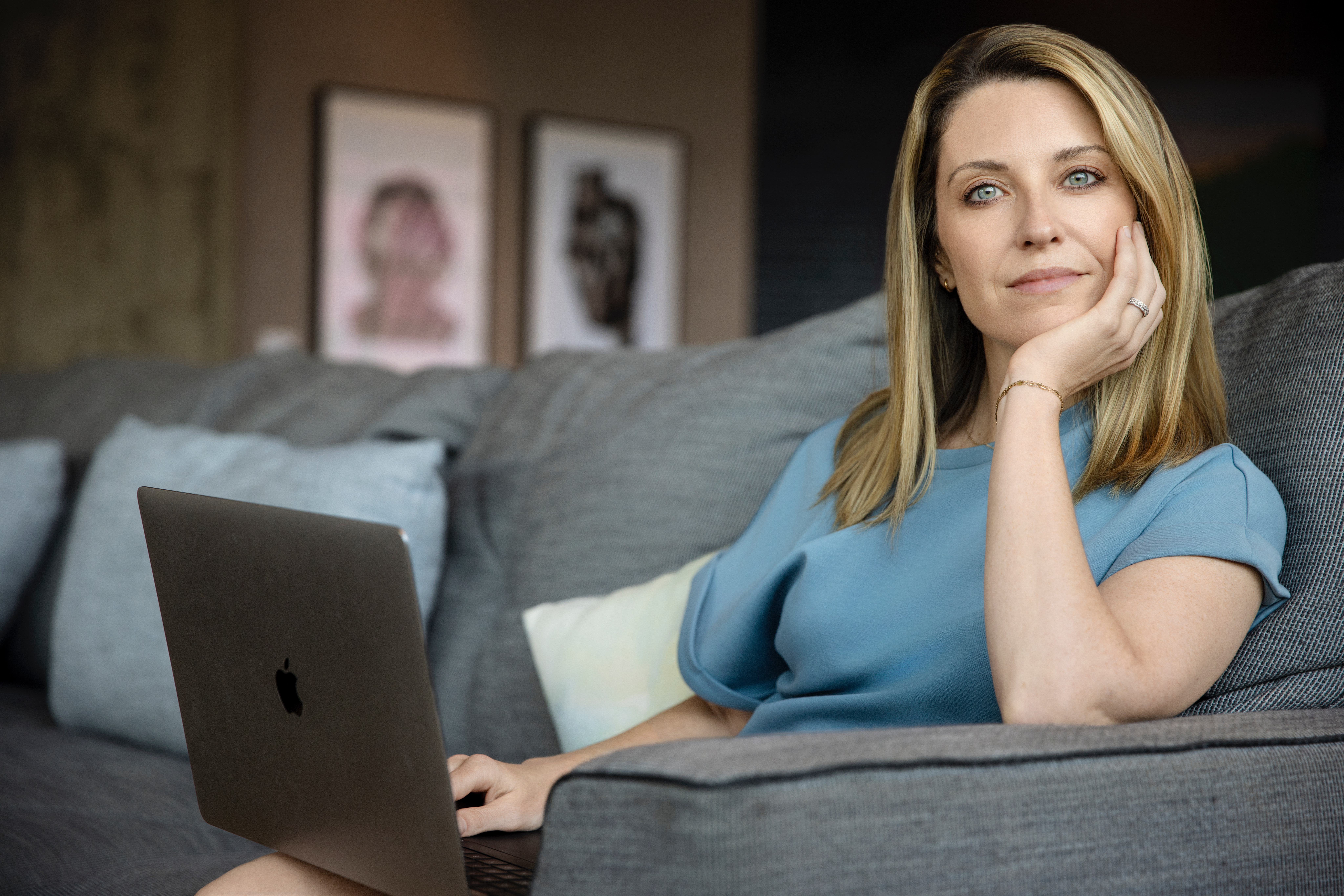In this post, author Lauren Cristella talks about the importance of getting involved civically to strengthen our democracy.
I’ve never thought that I could do everything.
But no matter where I am, I’ve always known that I can do the next thing.
And — even better — I can equip others to do the same. And that’s where change really starts.
Since last year, I’ve served as the president and CEO of the Committee of Seventy, a nonpartisan nonprofit that helps people understand how government works and affects their lives, and the steps everyone can take to improve their communities. I’m the first woman to have that position in the organization’s 120-year history.
The Impact of Women on Democracy
Living in a country with its first ever female vice president — and in a city with its first ever female mayor, and in a state with its first ever female speaker of the House and its first ever female president pro tem of the Senate — I’m keenly aware of what it means to be a woman in this position. I might not be here if not for Elizabeth Cady Stanton, Lucretia Mott, Mary Ann M’Clintock and others, who, 176 years ago, brought 300 women to Seneca Falls, N.Y., to launch the women’s suffrage movement.
None of them lived to see the 19th Amendment approved. But they all took the next step.
Voting is Not Sufficient
I live in Philadelphia — the largest city in the largest swing state in the country, where we are inundated with people telling us: “This is the most important election of your lifetime.”
Yes, that’s true. Every election is tremendously important; and voting is an absolutely necessary step in creating any kind of change.
But while voting is necessary, it is not sufficient. Not even close.
Democracy works better when we earn and hold trust: in local election officials, in the integrity of our systems, and in each other. The best way to build trust and improve our political culture is to get involved and become a part of the democratic process, and to work toward a government that is as representative, accessible and accountable as possible.
No matter what your level of civic engagement is, you can always take a single step up the ladder. And that’s all it takes — just one step.
Make a Plan and Take Action
For someone who isn’t a voter — or who hasn’t voted since 2020 — the next step is simple: Check your registration and make a plan to vote.
If you’re already a voter, consider taking action to motivate your friends, family and colleagues to vote. Committee of Seventy has templates for that in our WeVote program, which provides resources for promoting a culture of voting and participation.
Or sign up to be a poll worker. You can be one of democracy’s essential workers. Poll workers are vital members of our community. These folks collectively dedicate countless hours to ensure all of us have the opportunity to make our voices heard by voting.
The better the voting experience is, the more likely it is that your friends and neighbors will vote again in the next election. And the more people who participate in elections, the stronger our democracy will be.
For people who feel strongly about a particular issue or candidate, consider volunteering for a campaign or organization devoted to the cause you care about. This could mean knocking on doors and talking to neighbors, or calling other voters to encourage them to vote.
One study showed that canvassing can raise the probability that a voter will cast a vote by 8.7 percentage points. In a close election, that’s the whole ballgame.
Engaging in Productive Dialogue
If you’re troubled by the thought of engaging in political discussions with strangers, or even — or maybe especially — with friends and family, consider participating in a program that teaches the skills you need to have these tough conversations. It isn’t a matter of just not caring what other people think, or learning how to be polite, or creating a safe space. It is about creating a brave space and the conditions for productive dialogue.
These actions might seem small, but they couldn’t be more crucial.
Attend a community association meeting. Join the board of an organization whose mission you care about. We all have a role to play.
The 19th Amendment wasn’t the last step. More than a century after its ratification, voting rights for Black women still do not equal those of white women, thanks to a host of recent laws that aim to suppress the Black vote.
Do The Next Thing
But if each of us does the next thing — toward voting equality, community engagement and active citizenship — our democracy gets stronger.
And that changes everything.
Lauren Cristella is president and CEO of Committee of Seventy.

